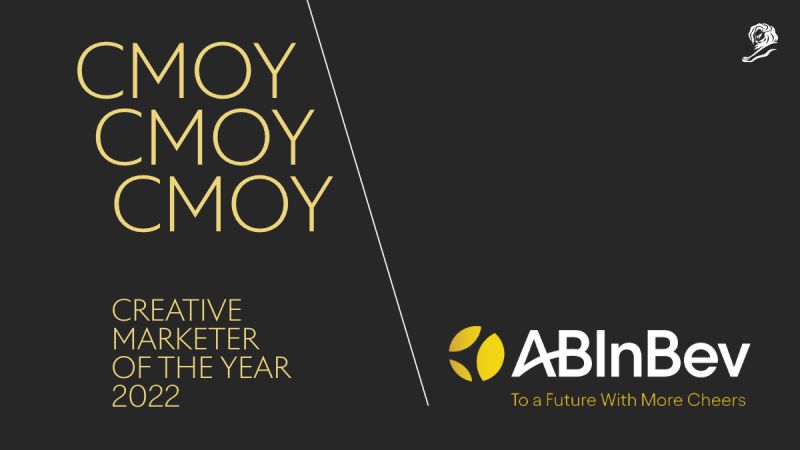What is a capability academy, and why is it so relevant now?
Mar 15, 2022 by Robert M. Burnside

What is a capability academy? Let’s start by breaking down the term. The use of the term "Academy," which Wikipedia defines as a place of learning, research, and honorary membership, can seem a bit anachronistic, since the name traces back to Plato's school of philosophy. This school was founded in approximately 385 BC at Akademia, which was a sanctuary of Athena, the goddess of wisdom and skill, a bit north of Athens, Greece.
Despite these ancient origins, the idea of an academy as a place of learning, research, and membership, as well as a place dedicated to both wisdom and skill, is deeply relevant to L&D today.
Collaborative learning in L&D: a history
The concept of the “academy” isn’t new to the L&D space. Remember when every company had its own university? For example, during my time as CLO at Ketchum, we of course had Ketchum University. Yet the learning didn’t always translate into business transformation. The problem was that the concept of a "university," in practice, primarily meant bringing in subject matter experts to expound on their knowledge, but leaving it up to the learners to figure out what to do with this knowledge.
To solve this, many companies tried communities of practice—remember those? They were gatherings of practitioners who shared ideas on how to do the work. This was useful, but these communities of practice often lacked research-based, state-of-the-art knowledge focused on tackling current and future business problems. Similar to Plato’s dedication to Athena, we need both best knowledge or wisdom and the skills and context that will help us use it.
Capability academies now
Thus emerges the current trending use of the term Academy, as a place for both learning and making that learning immediately relevant to work. But why qualify it with the term "capability"?
To probe the difference between being capable and being skillful, think about building a house. You need the carpenters, skillful with working with wood, the masons, skillful with working with stone, the architects skillful in drafting forms, the real estate agent, skillful in acquiring land at a good price…
Yikes! It's a lot. Now imagine getting all these workers to sit down somewhere together and agree on what needs to happen when in what way. For this, you need capabilities, that is, aggregations of skills. In our home-building example, team leaders need to be capable of organizing a project plan and aggregating the various teams. Then, they must lead them in a way that makes everyone want to contribute at their best.
As an example of how a capability is an aggregation of skills, the Josh Bersin Academy has research that identifies 20 capabilities that all HR leaders need. Each capability is defined by a set of skills.
The Learning and Development capability, for example, includes five skills:
- Leading the L&D function or operating as CLO
- Developing compelling learning experiences
- Performing L&D needs analysis or performance consulting
- Selecting L&D tools and technologies
- Designing competency models tied to tailored learning paths
Capability academies in action
Why does your organization need its own capability academy? In a fast-paced business environment, team leaders need capabilities that can help them make sense out of the chaos and provide knowledge and wisdom to the people they’re managing.
The “soft skills” or mindset skills that make this possible are best acquired through social learning that puts managers in dialogue with others. We’ve seen great success with capability academies centered around cohort-based learning, where the group shares an interest in solving a problem, co-develops answers, gathers best knowledge available, and debates and discusses while learning together.
Everyone has knowledge useful to the work, but only by bringing this knowledge together over time can teams hone the skills that will become the building blocks of the capabilities that will make them effective at their jobs today.
The world today feels very uncertain, especially for managers leading their teams through lots of change, from hybrid and remote work, to agile transformations, to new approaches to DEI, and beyond. It’s interesting to reflect that, though we might imagine Plato’s world to have been more stable than ours, perhaps he, too, was pressed by circumstances to create a place where knowledge and skills could be developed.
Academies have long been a place for emerging leaders to co-create, learn, and evolve to meet the needs of the time. Capability academies simply bring this tradition into the digital world, using modern technology to create new and exciting possibilities for learning and building the future, together.
*
Discover how one capability academy drove major transformation for AB InBev’s global marketing with your free copy of our recent case study. Download it today to learn more––or, to hear more about capability academies at Nomadic, get in touch with us for a demo!



